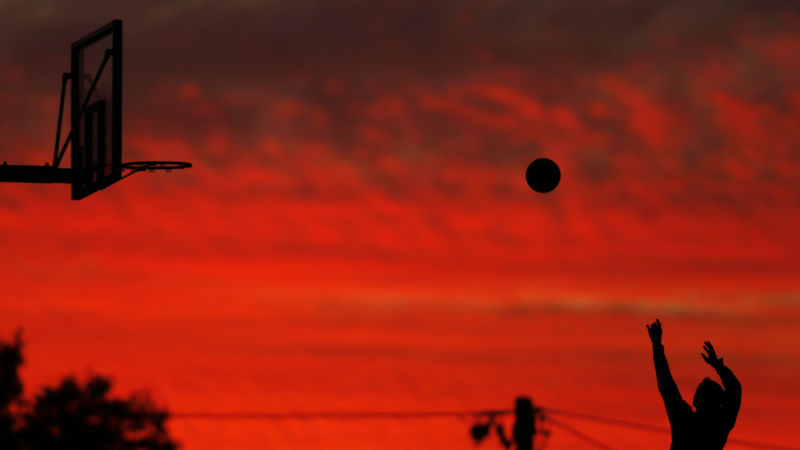The newest development in the ongoing saga surrounding student-athlete compensation and worker classification by the NCAA would not only potentially change the way student-athletes' behavior can be controlled, but also their rights to compensation, work-time requirements, and more.
Complaint filed against USC, Pac-12, NCAA
A National Labor Relations Board (NLRB) complaint filed by the National College Players Association, a collegiate athletes’ advocacy group, against the University of Southern California, University of California Los Angeles, the Pac-12 Conference, and the National Collegiate Athletic Association (NCAA) alleges that by classifying student-athletes as nonemployees, the university and intercollegiate athletics system as a whole is denying them rights afforded to them under the National Labor Relations Act. Specifically, the complaint cites restrictions in communications with third parties, media outlets, and social media platforms and policies related to discipline as violations of their rights as employees. If the complaint were to succeed, it would not only potentially change the way student athletes’ behavior can be controlled, but also their rights to compensation, work-time requirements, and more.
Background
The NCAA, a group comprised of members representing a number of public and private universities’ athletic departments, has long argued that student-athletes cannot be considered employees under the NLRA or Fair Labor Standards Act (FLSA). The organization asserts that student involvement in athletics programs is incidental to their overall participation in the universities’ athletics programs, and as such, they cannot be considered employees of the schools they attend. Several legal actions have been taken by groups representing student-athletes that argue athletes are due compensation for their play, especially considering the amount of profit the schools stand to gain from their athletic contributions. In 2021 alone, legal battles and legislation in Pennsylvania, California, and Connecticut directly addressed student-athlete compensation and worker classification. A case in the U.S. District Court for the Eastern District of Pennsylvania established that under precedent, the question of an employment relationship can be determined by looking at factors that indicate who the primary beneficiary in the relationship is. Under this reasoning, student-athletes can be considered employees due to the economic realities of their contributions to the schools they attend. In California, legislation passed on August 13, 2021 allows student-athletes to be compensated for athletic endorsements as of September 1, 2021. Connecticut Governor Lamont signed similar legislation on June 30, 2021 that allows student-athletes to earn compensation through endorsement contracts and obtain the legal or professional representation of an attorney or sports agent.
Supreme Court ruling
On June 21, 2021, the Supreme Court unanimously ruled that the NCAA was violating anti-trust rules by restricting student-athletes’ ability to receive pay in the form of “education-related benefits” on the grounds that they are amateurs rather than professional athletes. This opens the door for schools to attract athletes with the promise of additional benefits in the form of additional scholarships, computers and other equipment, and more [NCAA v. Alston, U.S. Sup. Ct., Dkt. No. 20-512, 06/21/2021].
NLRB memo
Following the Supreme Court ruling, General Counsel Jennifer Abruzzo of the NLRB issued a memorandum to all Field offices updating guidance on her position that certain student athletes should be considered employees under the NLRA. She highlights the fact that athletes perform a service for the universities they play for that generates millions of dollars in profit and provides non-monetary reputation gain as well, which has a long-term effect on the institutions’ financial bottom line. Additionally, these student-athletes already receive a form of compensation through their tuition packages and stipends for room, board, and necessities. Finally, the institutions exert control over the student athletes’ “work” in the form of scheduling, compensation limits, performance requirements, and more.
The future of student-athlete worker classification
These developments evolved in tandem with a set of legal actions taken at the state level in a number of states, including multiple unionization attempts on the part of athletes at certain universities. Public opinion, as well as that of several sympathetic state legislatures, has steeply shifted toward the idea of compensating student athletes. Support in favor of considering student-athletes as professionals both by the Supreme Court and NLRB indicate a possibility that employee classification for student athletes may be on the horizon.
Get instant access to the resources that informed this article with a free 7-day trial of Checkpoint Edge.








